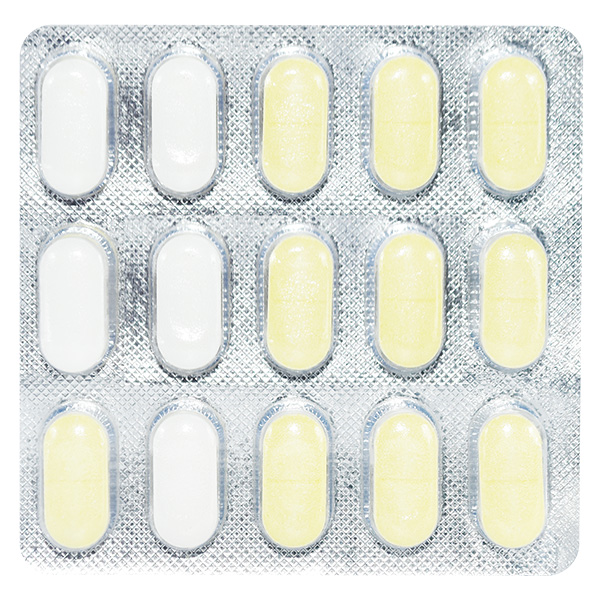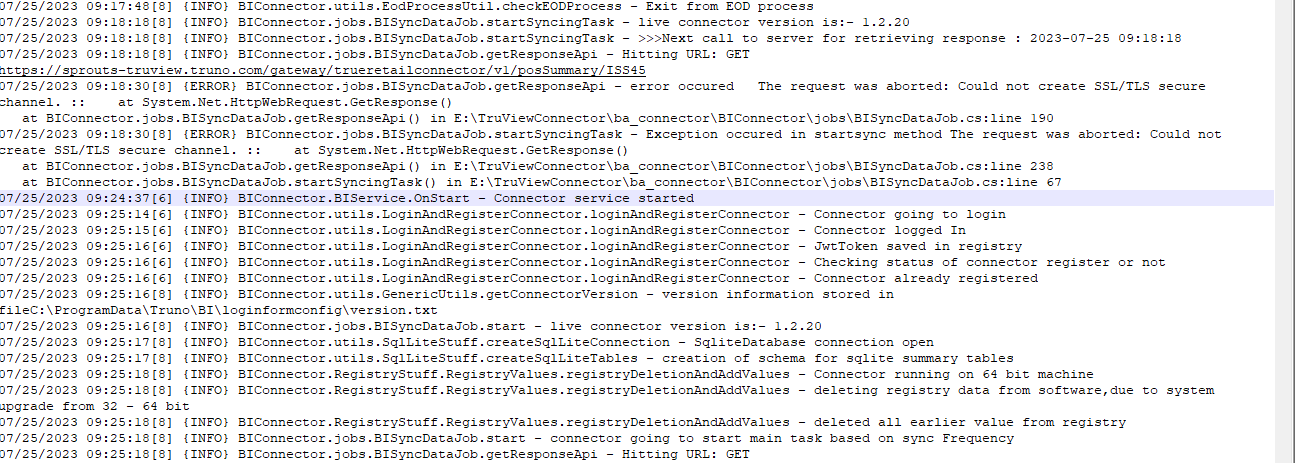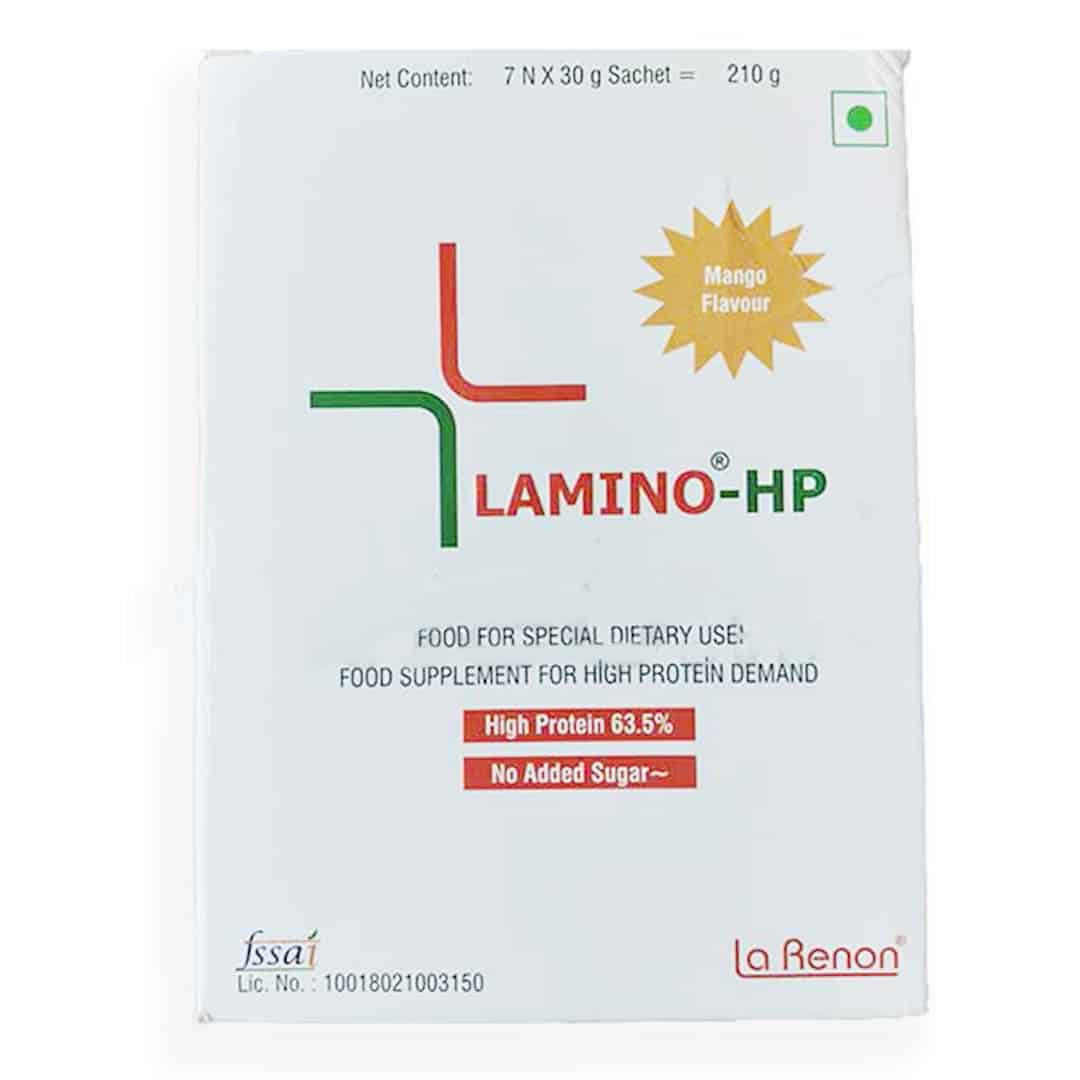DIAPRIDE M1 TABLET
Rs 136.5 10 % Off
Package size
Estimate Delivery by:
Delivering to

Easy 7 days return available
DIAPRIDE M1 TABLET
Diapride M1 Tablet is a combination medication used to manage Type 2 diabetes mellitus, containing Glimepiride and Metformin. Glimepiride works by stimulating the pancreas to produce more insulin, while Metformin reduces the amount of glucose produced by the liver and enhances insulin sensitivity. This dual-action helps to maintain stable blood glucose levels. The tablet is usually taken before meals, with dosage adjusted by a healthcare provider based on individual needs. Common side effects include nausea, diarrhea, and hypoglycemia. It is important to follow the prescribed diet and exercise regimen for optimal results. Regular blood sugar monitoring and consultation with a healthcare professional are essential for safe and effective use. This medication is not suitable for patients with severe kidney or liver diseases, and caution is advised for those with heart conditions.
Product Highlights and Usage:
Combination Therapy: Contains Glimepiride and Metformin, effective for managing Type 2 diabetes. Blood Sugar Control: Glimepiride stimulates insulin secretion; Metformin reduces glucose production and improves insulin sensitivity. Usage Instructions: Take as directed by a healthcare provider, typically before meals. Common Side Effects: Nausea, diarrhea, stomach pain, hypoglycemia, and taste disturbances. Precautions: Not recommended for patients with severe kidney or liver disease, and caution is advised for those with heart problems.
How it works:
DIAPRIDE M1 TABLET helps regulate blood glucose levels through two mechanisms. Glimepiride stimulates the pancreas to release more insulin, which helps lower blood glucose. Metformin decreases glucose production in the liver, slows glucose absorption from the intestines, and enhances the body's sensitivity to insulin.
Directions for use:
Take DIAPRIDE M1 TABLET as directed by your physician. Swallow the tablet with a glass of water; do not crush or chew it. Your doctor will determine the appropriate dosage and duration based on your age, body weight, and medical condition. Do not discontinue DIAPRIDE M1 TABLET without consulting your doctor.
Warning & Precaution:
PREGNANCY CONTRAINDICATED:DIAPRIDE M1 TABLET should not be used during pregnancy. Consult your doctor if you are planning to become pregnant before taking DIAPRIDE M1 TABLET. BREASTFEEDING CONTRAINDICATED:DIAPRIDE M1 TABLET should not be used while breastfeeding, as it may pass into breast milk. Consult your doctor for advice before using DIAPRIDE M1 TABLET. DRIVING AND USING MACHINES USE WITH CAUTION:Avoid driving or operating machinery if you experience symptoms of low or high blood sugar (such as dizziness, tiredness, shaking, or visual disturbances) due to altered blood sugar levels. ALCOHOL CONSULT YOUR DOCTOR:Avoid alcohol while taking DIAPRIDE M1 TABLET, as it can affect blood sugar levels and increase the risk of lactic acidosis. Consult your doctor for guidance. KIDNEY CONSULT YOUR DOCTOR:DIAPRIDE M1 TABLET is not recommended for patients with severe kidney disease and should be used with caution in those with kidney impairment. Your dosage may need adjustment based on kidney function. Consult your doctor before use. LIVER CONSULT YOUR DOCTOR:DIAPRIDE M1 TABLET is not recommended for patients with severe liver disease and should be used with caution in those with liver impairment. Your dosage may need adjustment based on liver function. Consult your doctor before use. ALLERGY CONTRAINDICATED:Do not take DIAPRIDE M1 TABLET if you are allergic to Glimepiride, Metformin, other sulfonylureas (such as glipizide or glibenclamide), or sulfonamides (such as sulfamethoxazole). HEART DISEASE CONTRAINDICATED:DIAPRIDE M1 TABLET is not recommended for patients with acute heart problems, recent heart attacks, severe circulatory issues, or signs of heart failure. Consult your doctor before use. USE IN PEDIATRICS CONTRAINDICATED:DIAPRIDE M1 TABLET is generally not recommended for children and adolescents under 18 years of age. Consult a pediatrician for advice. USE IN GERIATRICS CONSULT YOUR DOCTOR:DIAPRIDE M1 TABLET is not recommended for elderly patients aged 75 years or older and should be used with caution in those aged 65 years or older, particularly if they have impaired kidney function. Your doctor may monitor your kidney function more frequently. Consult your doctor before use.
Super Admin
Lorem Ipsum is simply dummy text of the printing and typesetting industry. Lorem Ipsum has been the industry's standard dummy text ever since the 1500s






